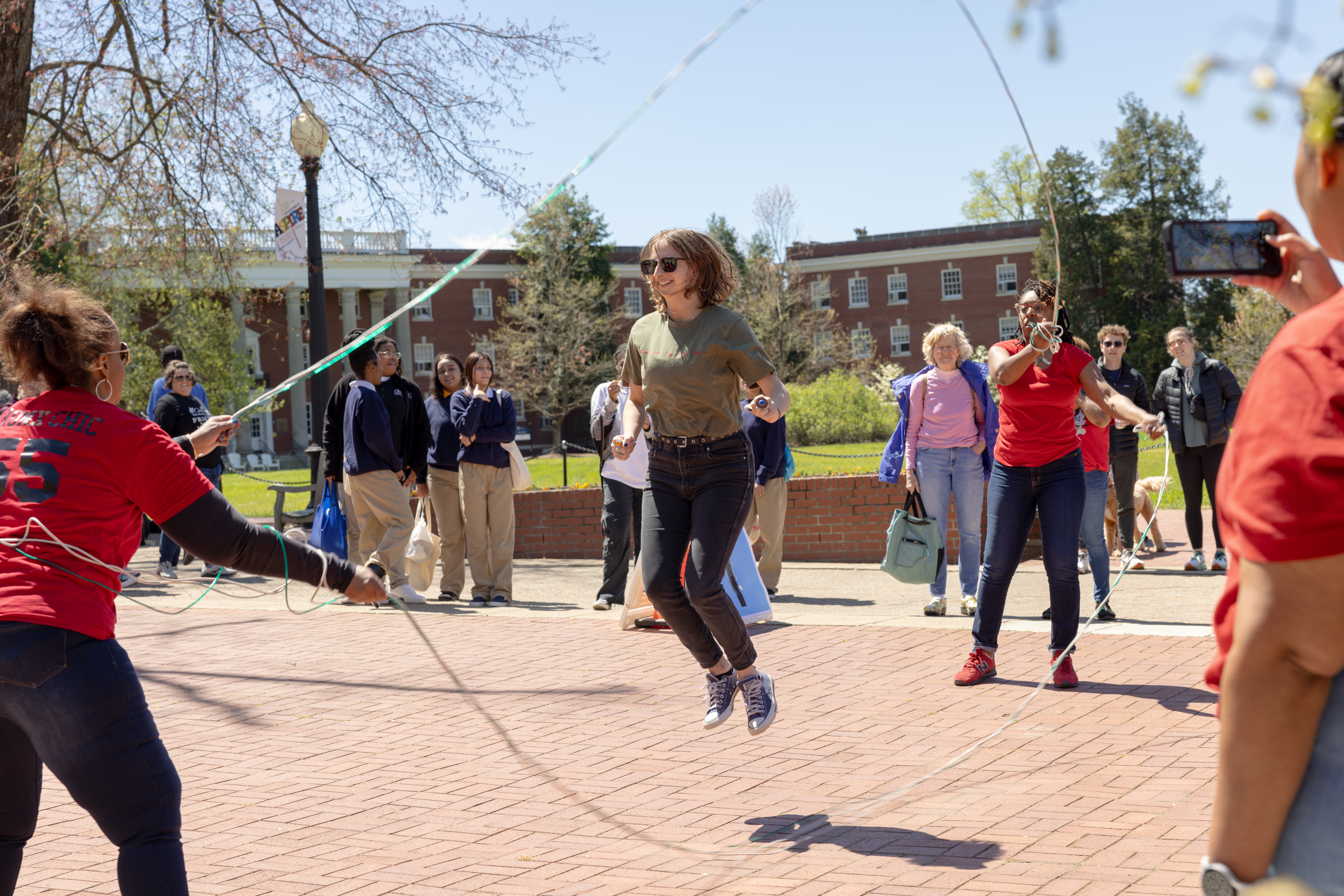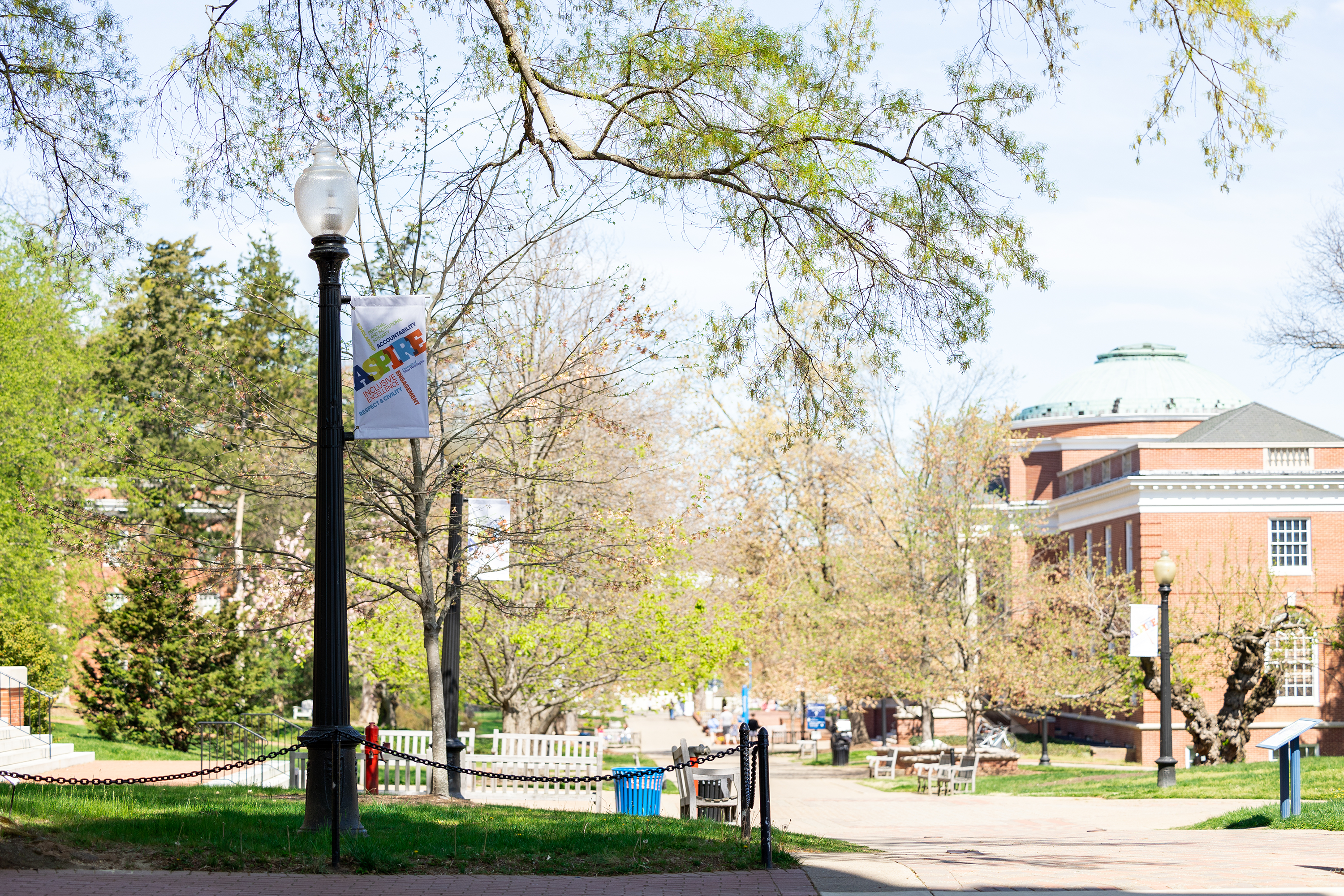Community Relations & Compliance
The Office of Community Relations and Compliance serves to ensure that UMW is a place where our community values are embraced and upheld; where we esteem everyone as a respected, valued, and integral part of our campus community; and actively provide members of the UMW campus community with resources for academic, professional, and personal success.

Learn more.
